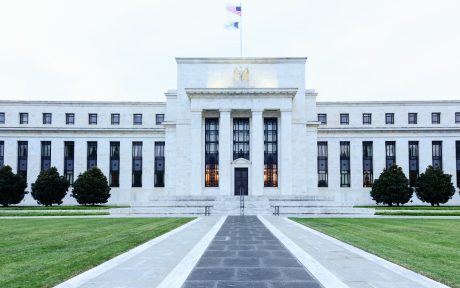Measuring Trend Inflation with the Underlying Inflation Gauge
Which Dealers Borrowed from the Fed’s Lender‑of‑Last‑Resort Facilities?
Discount Window Stigma
One of the main missions of central banks is to act as a lender of last resort to the banking system.
Is There Stigma to Discount Window Borrowing?
The Federal Reserve employs the discount window (DW) to provide funding to fundamentally solvent but illiquid banks (see the March 30 post “Why Do Central Banks Have Discount Windows?”). Historically, however, there has been a low level of DW use by banks, even when they are faced with severe liquidity shortages, raising the possibility of a stigma attached to DW borrowing. If DW stigma exists, it is likely to inhibit the Fed’s ability to act as lender of last resort and prod banks to turn to more expensive sources of financing when they can least afford it. In this post, we provide evidence that during the recent financial crisis banks were willing to pay higher interest rates in order to avoid going to the DW, a pattern of behavior consistent with stigma.
Why Do Central Banks Have Discount Windows?
Though not literally a window any longer, the “discount window” refers to the facilities that central banks, acting as lender of last resort, use to provide liquidity to commercial banks. While the need for a discount window and lender of last resort has been debated, the basic rationale for their existence is that circumstances can arise, such as bank runs and panics, when even fundamentally sound banks cannot raise liquidity on short notice. Massive discount window borrowing in the immediate aftermath of the September 11 terrorist attack on the United States clearly illustrates the importance of a discount window even in a modern economy. In this post, we discuss the classical rationale for the discount window, some debate surrounding it, and the challenges that the “stigma” associated with borrowing at the discount window poses for the effectiveness of the discount window.













 RSS Feed
RSS Feed Follow Liberty Street Economics
Follow Liberty Street Economics